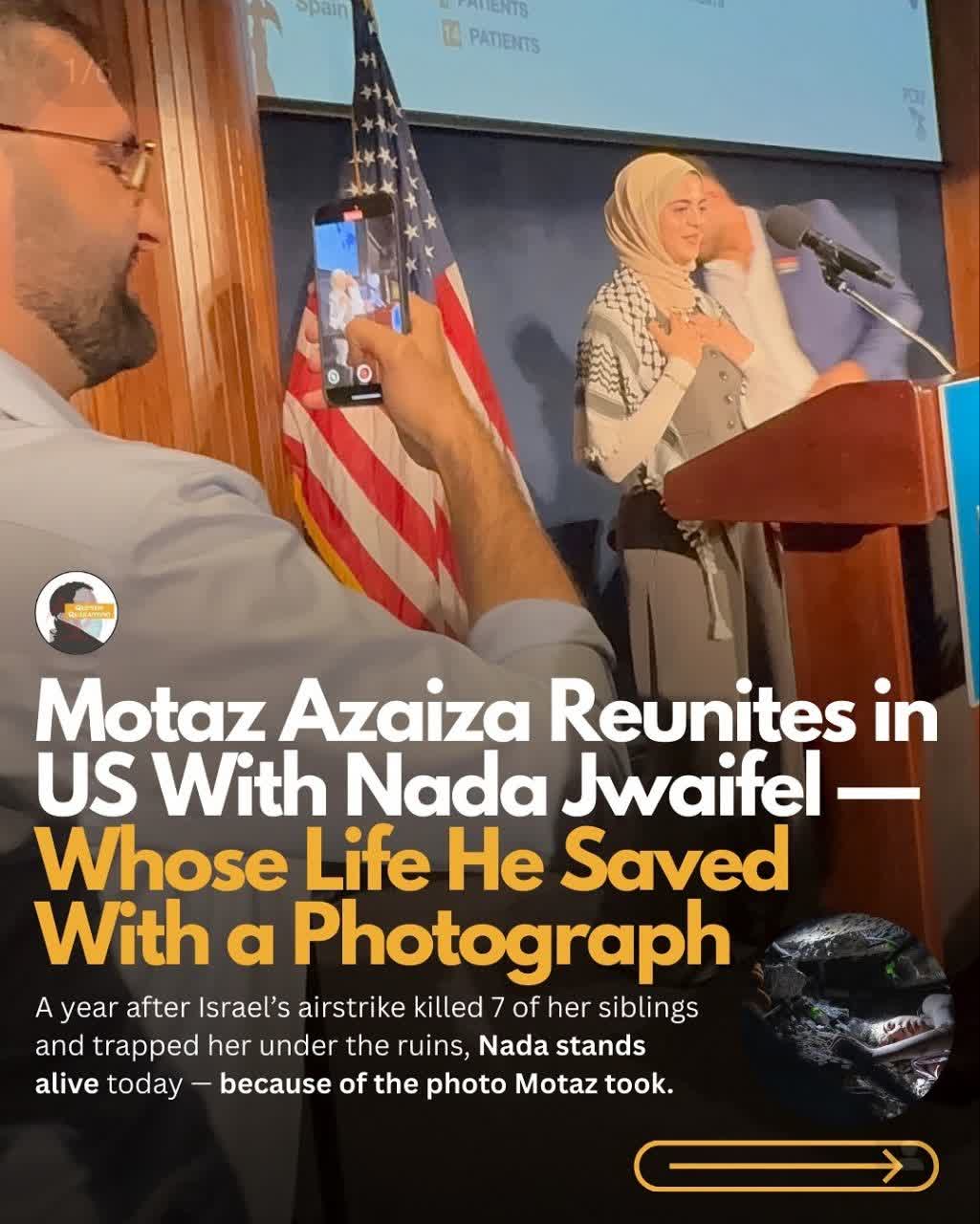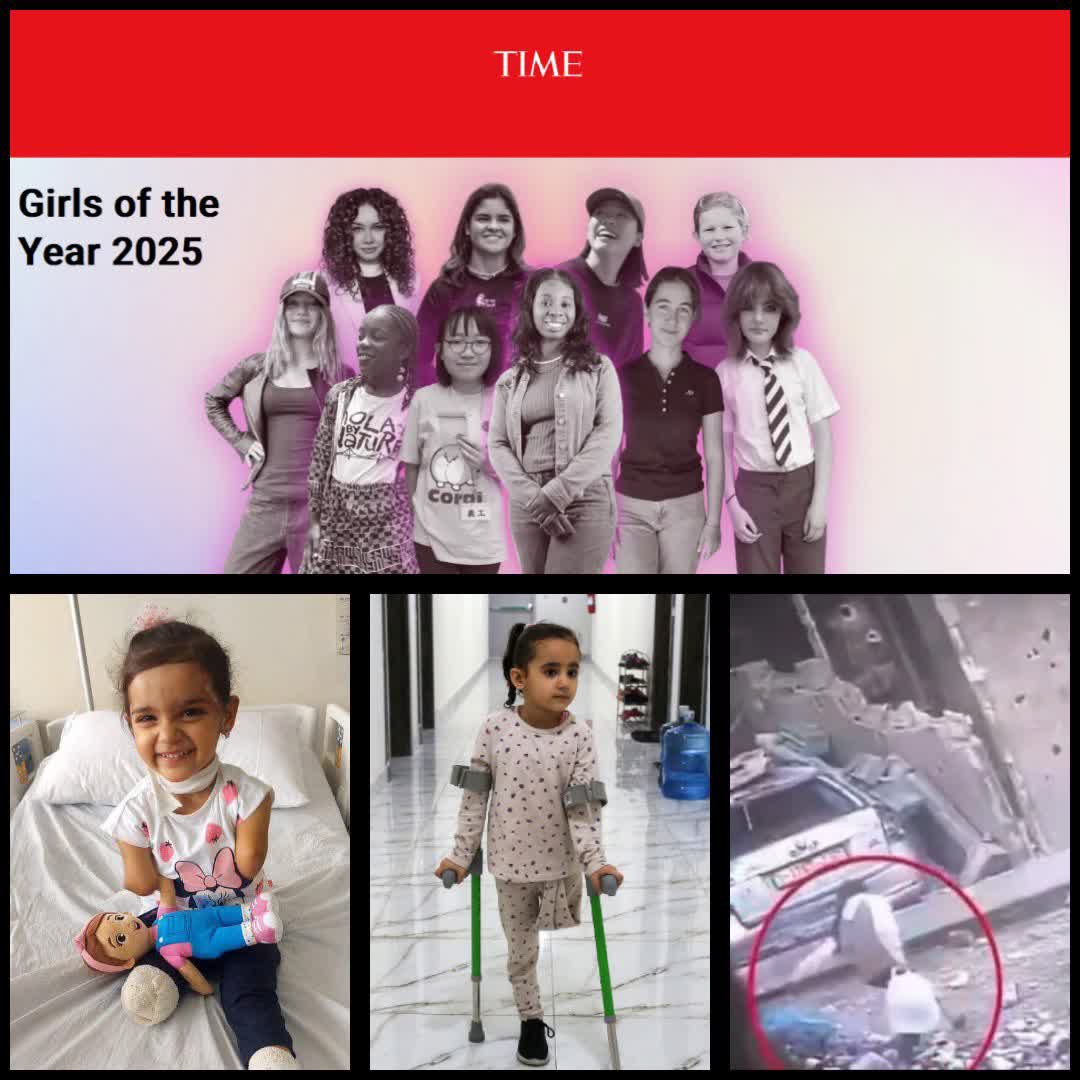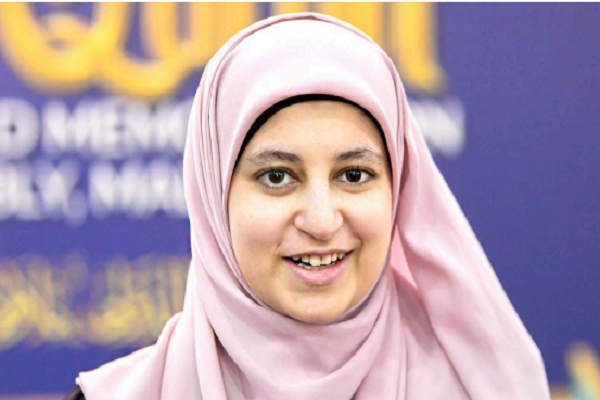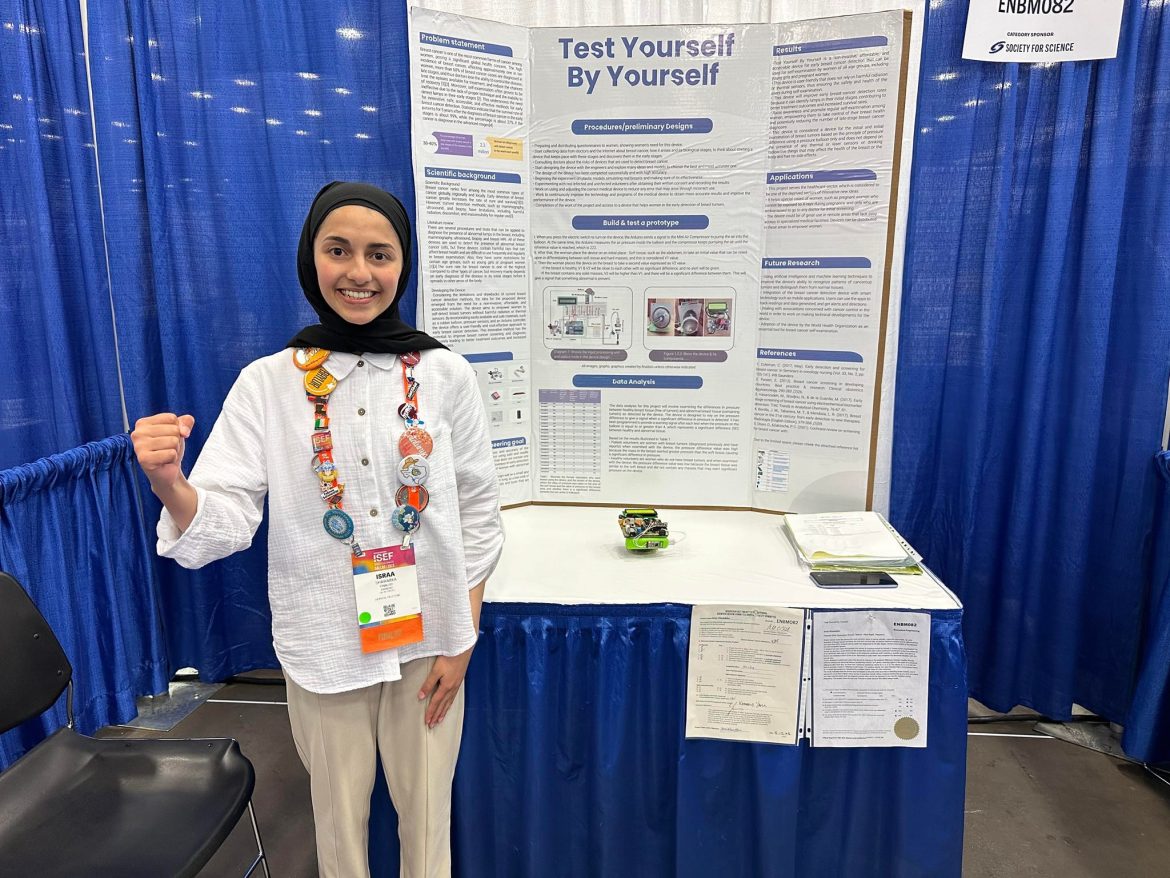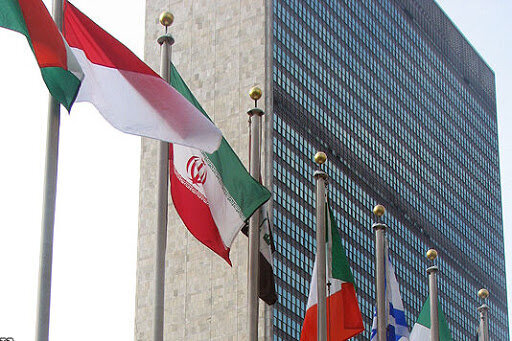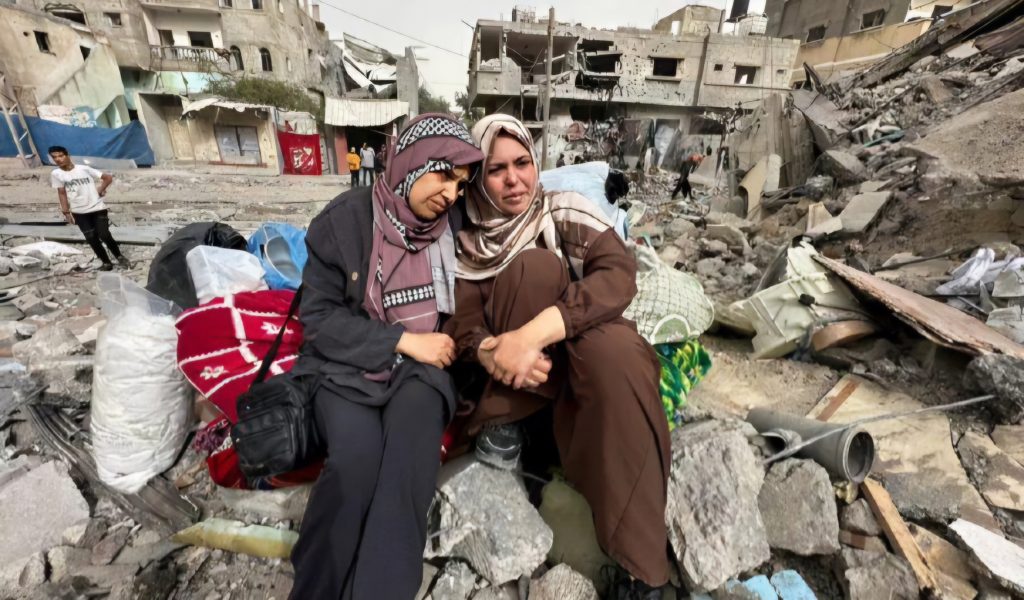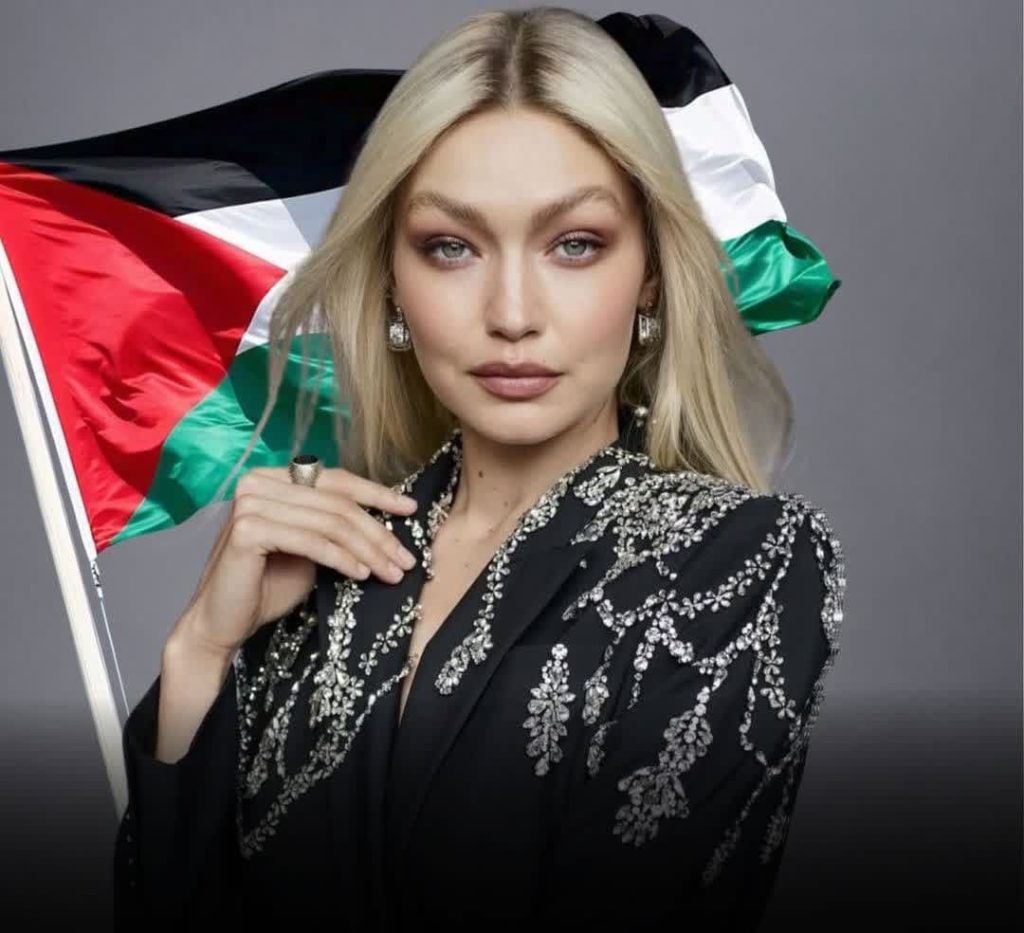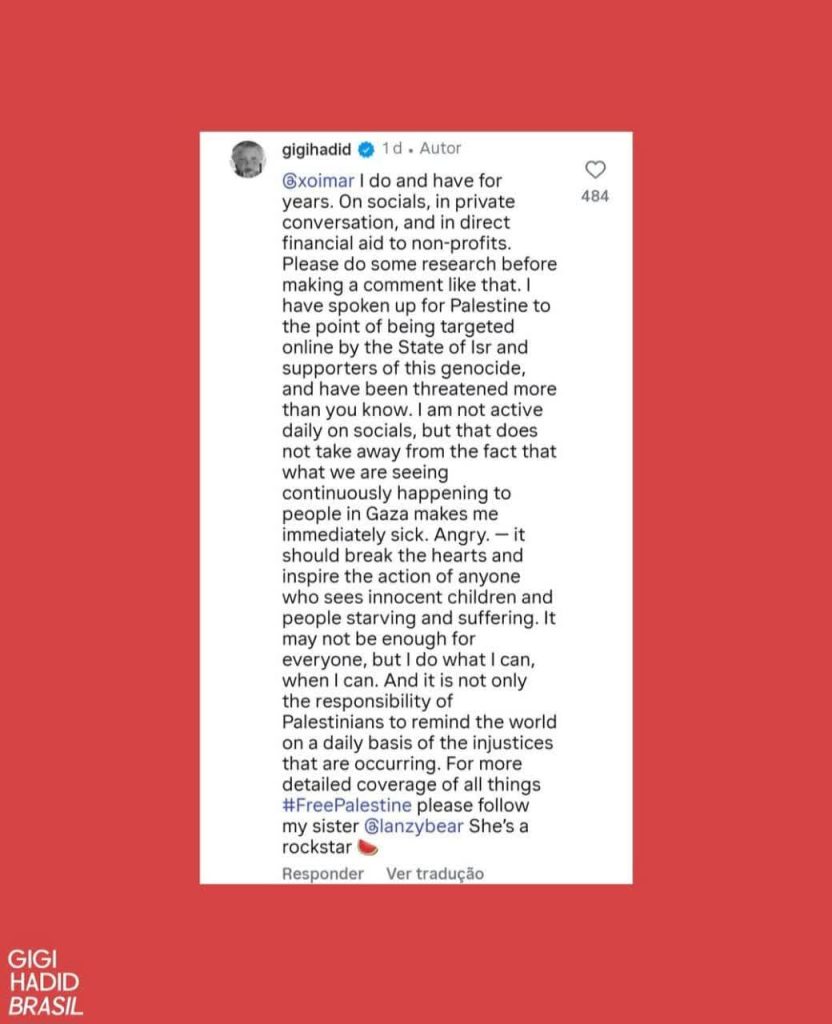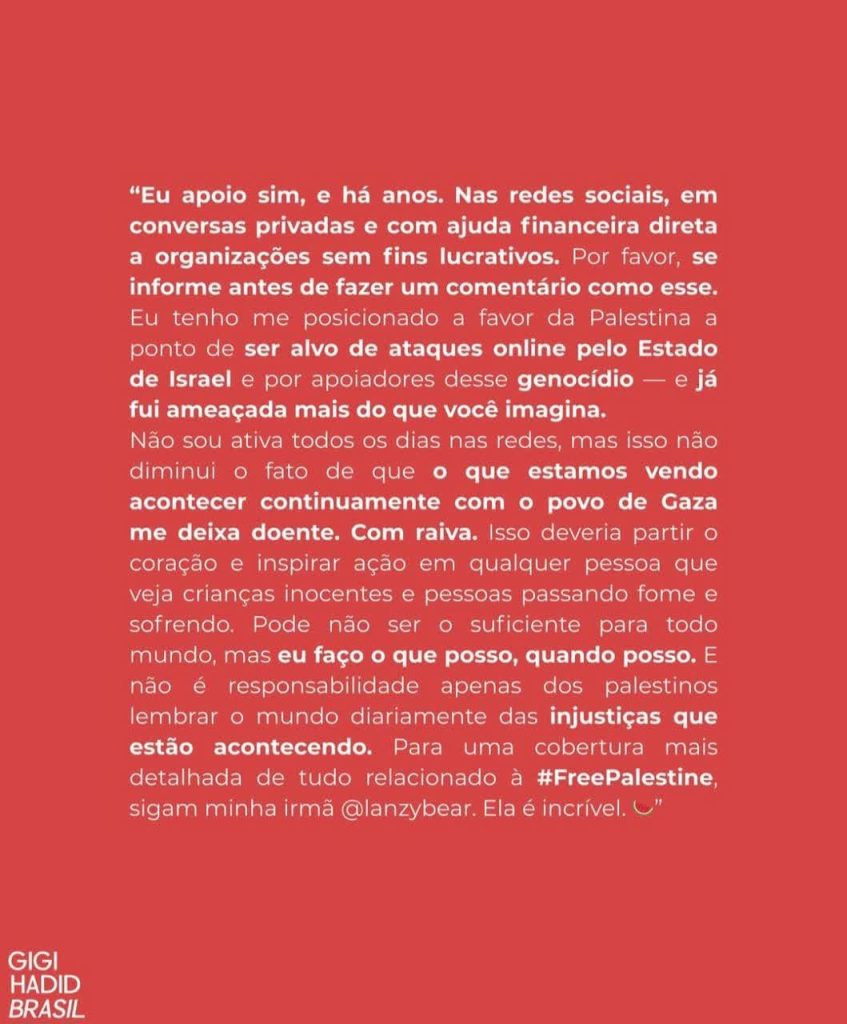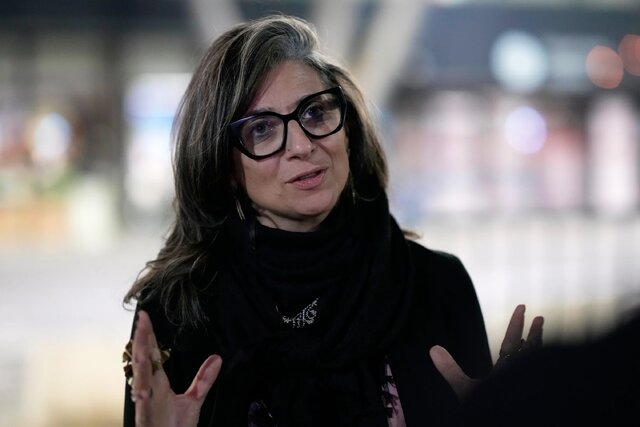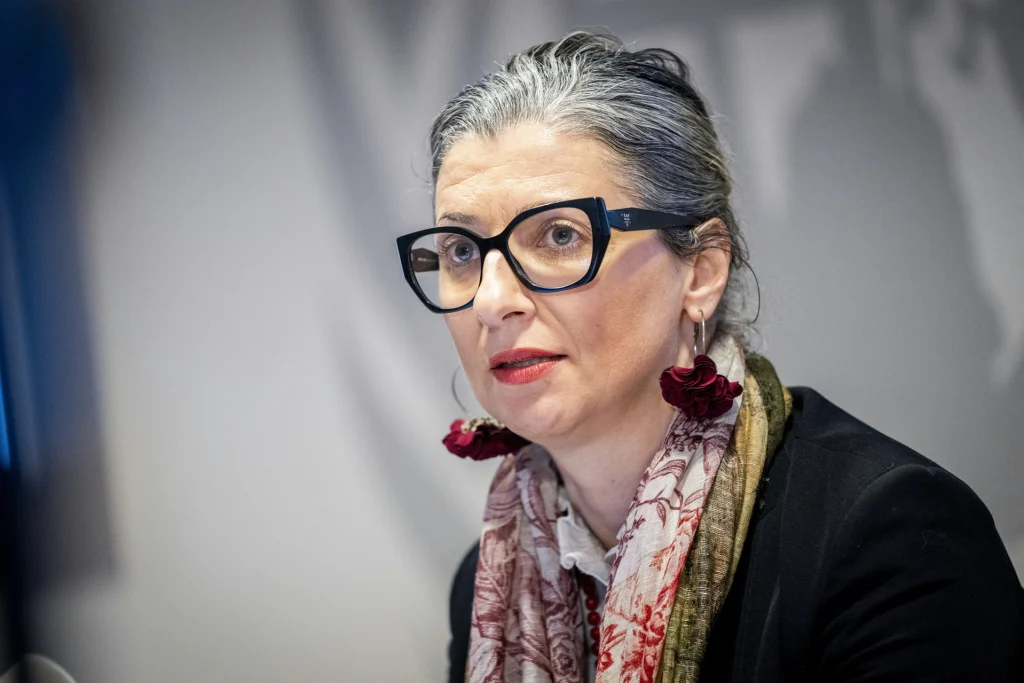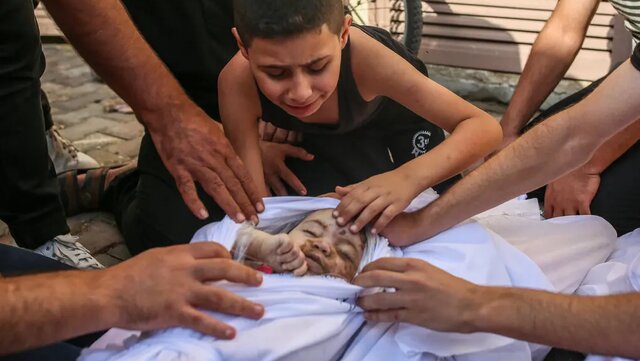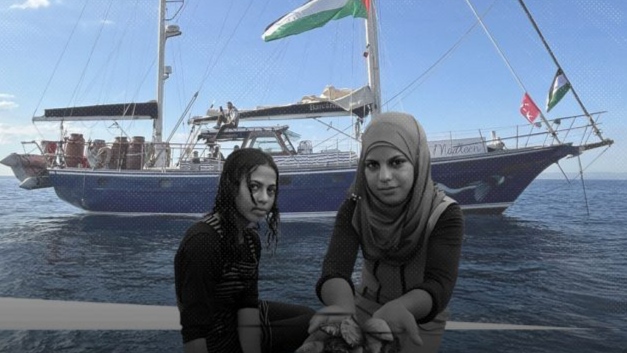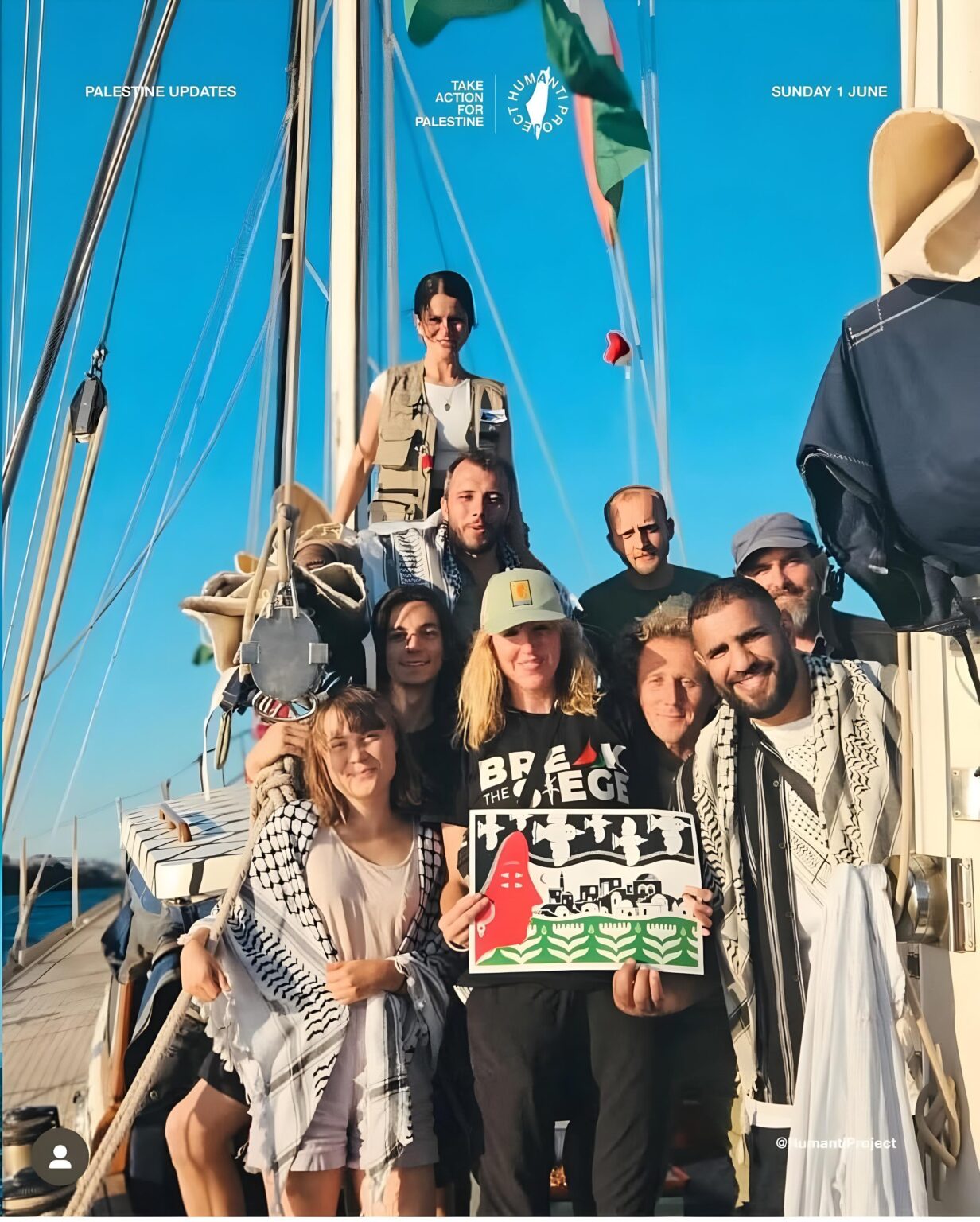Nada Hisham, a 19-year-old Palestinian from Gaza who lost seven members of her family in an Israeli attack and was barely rescued from beneath the rubble, shared her harrowing story at a charity event in Washington, urging the world to become a voice for justice in Gaza.
The Tragic Ordeal in Gaza
At an event hosted by the Palestine Children’s Relief Fund (PCRF) in Washington, D.C., Nada Hisham recounted the bitter moments of her rescue after her home in Gaza was bombed. In that attack, seven of her siblings along with her grandmother were killed, while she herself lay trapped under the debris for hours—suffering broken legs and a dislocated shoulder.
A Sister’s Final Embrace
Nada described the final moments shared with her younger sister Elham: “Elham was embracing me, and she would not let go of my leg until her last breath.” It was a Palestinian journalist, Motaz Azaiza, whose photograph of that scene drew attention and led to her identification and rescue. The powerful image later became one of Time magazine’s top 10 photos of 2023.
Escape from Gaza for Treatment
Thanks to PCRF’s support, Nada was able to leave Gaza to receive medical care—a journey nearly impossible for many due to strict restrictions at the Rafah crossing and the need for coordination between Israel and Egypt.
Her story is not only a personal testimony of survival but also a piercing reminder of the countless unheard voices still trapped under the weight of war, whose lives and futures depend on the world’s willingness to act.
A Testament of Resilience
Nada concluded her remarks with a stirring testament to her spirit:
“Israel may have taken everything precious from me—my family, my home, my peace… but as long as I draw breath, it will never break my spirit.”


